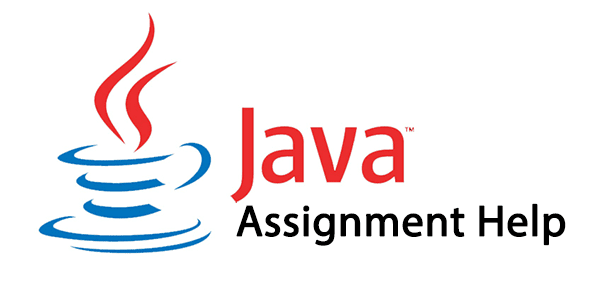
JAVA ASSIGNMENT HELP
Certainly! Java assignments can range from basic programming exercises to complex projects involving object-oriented design, data structures, and algorithms. Here’s a guide to help you with common types of Java assignments:
1. Basic Programming
Key Concepts:
- Syntax: Understanding Java syntax and structure.
- Data Types: Primitive types (int, double, char, etc.) and objects.
- Control Structures: if-else, switch, loops (for, while, do-while).
Common Assignments:
- Hello World Program: Write a simple program that prints "Hello, World!".
- Basic Calculations: Create programs that perform arithmetic operations or conversions.
Example Problem:
- Problem: Write a Java program to calculate the factorial of a number.
- Solution:
public class Factorial { public static void main(String[] args) { int number = 5; int factorial = 1; for (int i = 1; i <= number; i++) { factorial *= i; } System.out.println("Factorial of " + number + " is " + factorial); } }
2. Object-Oriented Programming
Key Concepts:
- Classes and Objects: Definition of classes and creation of objects.
- Inheritance: Extending classes and method overriding.
- Polymorphism: Method overloading and overriding.
- Encapsulation: Using private variables and public methods.
Common Assignments:
- Class Design: Create classes with properties and methods.
- Inheritance: Implement a subclass that inherits from a superclass.
Example Problem:
- Problem: Create a class
Personwithnameandageattributes and a method to display these attributes. Then create a subclassStudentthat adds astudentIdattribute. - Solution:
class Person { String name; int age; public Person(String name, int age) { this.name = name; this.age = age; } public void display() { System.out.println("Name: " + name); System.out.println("Age: " + age); } } class Student extends Person { String studentId; public Student(String name, int age, String studentId) { super(name, age); this.studentId = studentId; } public void display() { super.display(); System.out.println("Student ID: " + studentId); } } public class Main { public static void main(String[] args) { Student student = new Student("John Doe", 20, "S12345"); student.display(); } }
3. Data Structures and Algorithms
Key Concepts:
- Arrays and Lists: Basic operations and manipulations.
- Stacks and Queues: Implementations and applications.
- Sorting Algorithms: Implementations of algorithms like quicksort, mergesort.
Common Assignments:
- Implement Data Structures: Write code to implement stacks, queues, or linked lists.
- Sorting and Searching: Implement and test sorting or searching algorithms.
4. File I/O
Key Concepts:
- Reading/Writing Files: Using classes like
FileReader,BufferedReader,FileWriter,BufferedWriter. - Handling Exceptions: Use try-catch blocks for handling IO exceptions.
Common Assignments:
- File Operations: Write a program to read from and write to a text file.
5. GUI Programming
Key Concepts:
- Swing and AWT: Components like JFrame, JButton, JTextField.
- Event Handling: Handling user actions like button clicks.
Common Assignments:
- Create a GUI Application: Develop a simple GUI application using Swing.
6. Tips for Success
- Understand the Problem: Carefully read and analyze the problem statement before coding.
- Write Clean Code: Follow good coding practices and keep your code organized.
- Test Thoroughly: Test your code with different inputs to ensure it works as expected.
- Seek Help if Needed: Don’t hesitate to ask for help or refer to Java documentation if you’re stuck.
If you have specific questions or need assistance with a particular Java assignment, such as debugging code, understanding concepts, or implementing features, please provide more details, and I can offer more targeted help!